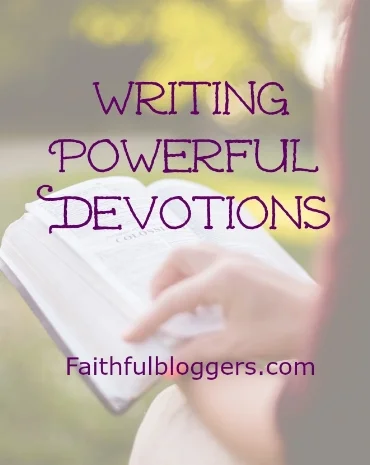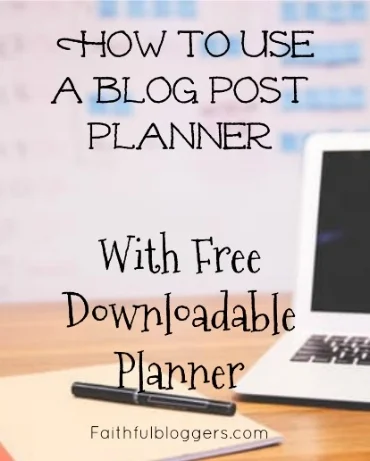Which Platform Should You Choose?: 10 Things to Consider Before Starting a Blog (Part 2 of 10)
/This post contains affiliate links, see our affiliate statement for more information.
This post is the second in a 10 part series.
In our first post in this series ("Why Do You Want To Blog?") we discussed the importance of knowing your reasons for why you want to blog before you start one. Once you know the reasons, you can move forward with your plans for your blog and depending upon your reasons you'll be able to make some important decisions. One decision you will have to make is which platform you are going to choose for where you start your blog. This post will discuss some of the available options and the differences between them. It is a good to know the differences because those differences matter depending upon what you want to do with your blog.
Free platforms vs paid platforms.
Free Platforms:
Yes, there are platforms online where you can blog completely free (if you already have internet). These free platforms are appropriate for hobby bloggers, or for those people who are blogging for their own enjoyment or to share things in their life. Examples of free platforms are Blogger.com and Wordpress.com, there are others but these two are very popular.
As I mentioned in the first post in this series, if you choose to place your blog on one of the free platforms your blog will have an extension after it's name, for example, if you name your blog 'Suzie's Writing Spot', the web address would look like this www.suzieswritingspot.blogger.com. The only way to have a website address without one of those extensions at the end is to purchase a domain name and point it to your blog. Domain names can be purchased very inexpensively.
There are bloggers who have amassed quite a following with blogs which are on these free platforms. They are not a bad option depending upon what your goals are for your blog. Before you chooses a free platform, you should know they do come with limitations however.
Some of the limitations include;
- Depending upon the platform, you don't own your site
- Design options are very limited
- Storage is limited (photos etc.)
- There are limitations on what you can do such as shopping carts, forms, etc.
- etc.
Paid platforms:
There are many options available for paid platforms. Two very popular options are a self-hosted WordPress site (wordpress.org) and Squarespace.com. If you are new to blogging I know that last sentence probably triggered a question; "What exactly does 'self-hosted WordPress site' mean?" Good question! If you choose to place your site at Wordpress.org and you want to have a site without one of those extensions at the end, you will have to purchase a domain name but in addition, you are going to have to choose a hosting company to host your website. To put it simply, Wordpress is basically just online web design software. You use it to create your website, then you choose a hosting company. Hosting is basically your parking spot on the web. It is where your site is stored in order for it to be viewed online. There are many available options for hosting your website, one very good hosting company with excellent tech support is MomWebs.com.
If you choose to place your website at Squarespace.com, you have a couple options. You can host your website with another hosting company or you can choose to have Squarespace provide your hosting. The Faithful Bloggers website is on Squarespace and is also hosted by Squarespace. We made this choice because we just found it easier to have everything with one company. You can see our article on "Why We Moved From Wordpress to Squarespace" for more information on this topic.
There are other paid options available online for creating websites. With a paid website you are going to have much more flexibility in terms of what you can do with your blog. You will have more design options as well as options for things such as shopping carts, forms, slide show pictures, etc. These sorts of options will be extremely limited if not non existent on free platforms. In addition, on a paid platform you own your website.
Here are some things to consider as you choose your platform.
- Do they have tech support and if so, how good is it?
- What form is their tech support in? For example, I really like that Squarespace offers live chat tech support. If I had to send an email every time I had a question it would drive me crazy.
- How difficult is it to use? Will you need to learn code (HTML)?
- Does the platform offer the things you are going to need: forms for collecting email, storage for photos and files, design options for your website, shopping cart, non-blog pages, etc.
- How much does the platform cost? Monthly? Yearly? Is there a discount if you pay yearly?
- Does the platform also provide hosting or domain name services?
- Do they offer a trial period?
I hope this information helps to clarify a few things about paid vs free platforms. I also hope it helps you make a more informed decision regarding where you are going to start your blog. So, go and do some research, take a look at the different options available and decide today where you are going to set up your blog. Then just take the first step and start. The funny thing about the unknown is, once you step into it, it's not so unknown anymore.
To receive regular tips and downloads to help you in your blogging journey, sign up below.
In addition, when you submit the form below, you will receive a password to access our member area where you will find helpful resources.
Happy Blogging!





